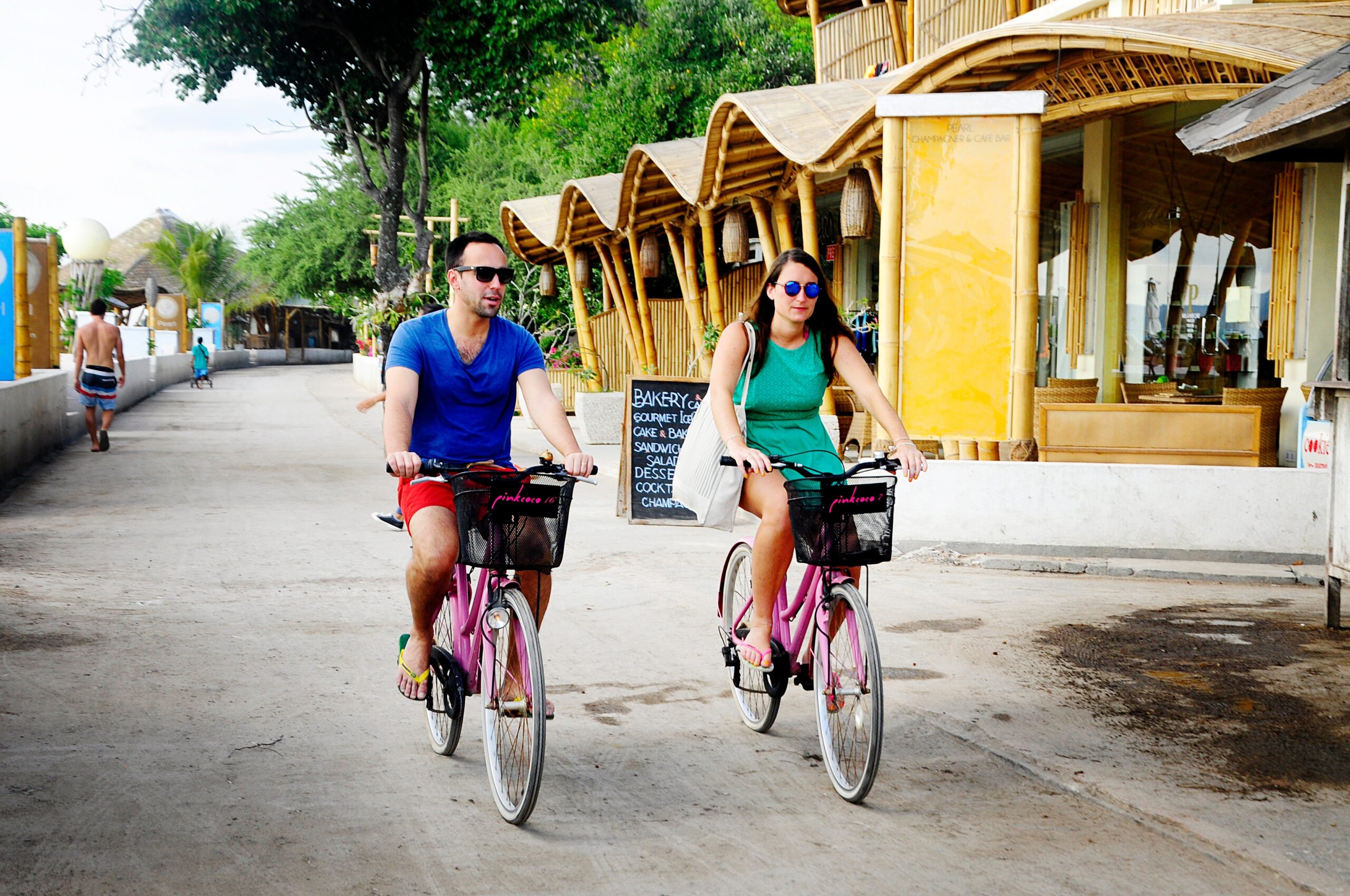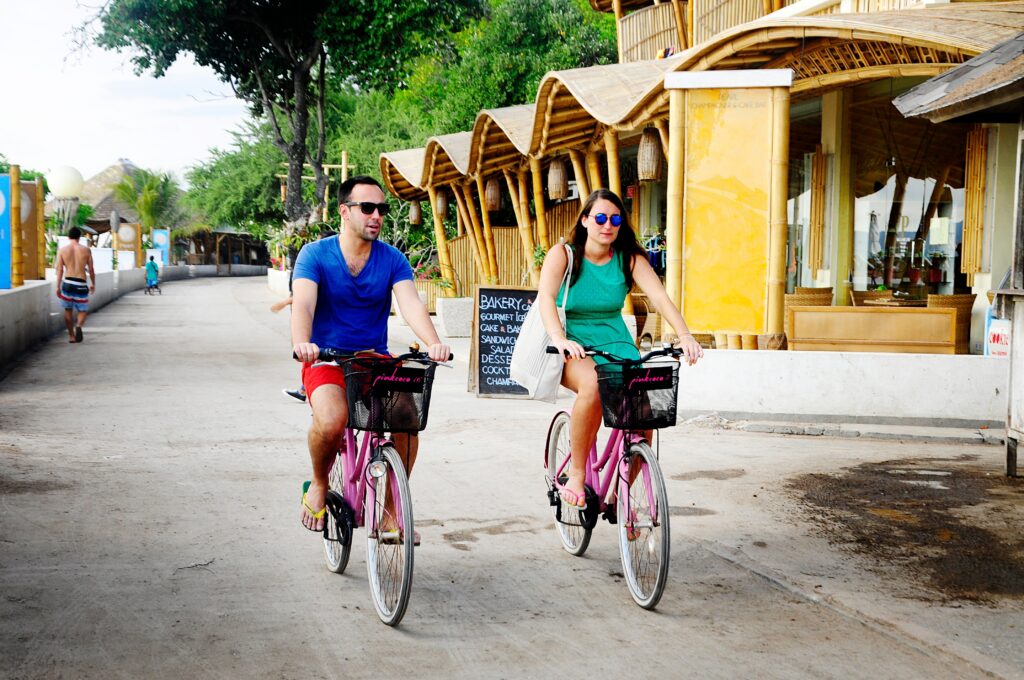
Cycling gives you the advantage of being able to drink in stunning views while staying healthy. That’s why many holidaymakers looking to get abroad are considering packing their bikes ahead of their trips to get the most from the sights around them.
Once you’ve got your travel and accommodation sorted, it helps to take some time researching the essentials of road laws for cyclists at your destination.
Here to help you get the wheels turning, Ben Mercer, road bike enthusiast and director at Leisure Lakes Bikes, advises on some of the essential things to know for popular cycling destinations throughout Europe and around the world.
1968 Vienna Convention on Road Traffic
Across most European countries, Article 44 of the 1986 Vienna Convention on Road Traffic provides an outline for what makes bikes road safe. It states that all bicycles on roads must have an efficient brake, a red rear reflector and red rear lamp, plus a white or selective yellow front lamp.
One interesting thing to note is how you can audibly alert those around you when cycling according to this act. It specifies that you must have a working bell, but no other warning device can be used, meaning no horns or sirens of any kind. This is more than likely to prevent the disturbance of peace and startling others who may be around you.
France – cycling with children
If you’re bringing your kids with you on a European cycling excursion to France, one important law to note is that if they’re under 12, they’re required by law to wear a helmet. Parents and guardians are susceptible to a €135 (£118) fine.
While cycling in France, it’s also important to know it’s illegal to cycle while wearing headphones and you aren’t allowed to cycle under the influence of alcohol. At signposted intersections, new laws allow for cyclists to continue on forwards or to turn right at red lights.
Italy – the future of road cycling and reflecting in the dark
Cycling through Italy is soon to see an increase in legislation around road cycling in the country, with the government proposing making indicators, insurance, licence plates, and helmets compulsory. This was announced by Italy’s deputy PM Mateo Salvini with the reasoning that it will help reduce deaths caused on the roads.
Another interesting rule that’s in place is cyclists in non-urban areas must wear reflective clothing when it’s dark. This means that between sunset in the evening and dawn, items like reflective cycling clothing must be worn to keep you visible at all times.

Germany – total control at all times
When cycling in Germany, you can be considered over the limit if you’re deemed out of control of your bike and if your breath registers 0.4 mg/l of alcohol. If it registers above 1.6 mg/l, it’s considered a criminal offence and you could face anything from 2 Flensburg points on your licence and a fine of one net salary to a medical-psychological evaluation (MPU). Failing this evaluation could result in permanent suspensions from driving and a lifetime ban on road cycling in the country.
Germany also has a very strict cycle lane policy, so it’s important to get familiarised with the rules around where you can cycle. As an adult rider, you must always cycle in the designated lanes when you see a circular blue sign, and you’re never permitted to ride on the pavements.
The strange miscellaneous laws from around the world
While there are loads of rules in place for the safety of cyclists, there are some that you may see in handbooks that leave you scratching your head. The USA has some great examples of these regulations thanks to its size and importance of local governments, like in Baldwin Park, California, that states you’re not allowed to cycle in swimming pools.
This rule comes because teenagers in the ‘70s, when skateboarding and BMX biking became popular, would sneak onto properties to use empty pools as a make-do skate park. It’s unlikely that nowadays you’d find yourself breaking that rule, but still interesting to note.
Staying with America for some of the weird and not-so-wonderful, the town of Lugert in the state of Oklahoma has a ban on having a moustache while cycling.
While many of these rules are either obvious or archaic and very rarely enforced, it still shows the importance of getting to know the local area you’ll be cycling around so you don’t get surprised with any fines or punishments.
Sources
https://treaties.un.org/pages/ViewDetailsIII.aspx?src=TREATY&mtdsg_no=XI-B-19&chapter=11
https://www.bikeradar.com/news/france-says-all-children-under-12-must-wear-cycle-helmets/
https://www.securite-routiere.gouv.fr/les-medias/les-faq/faq-velo?categ=velo
